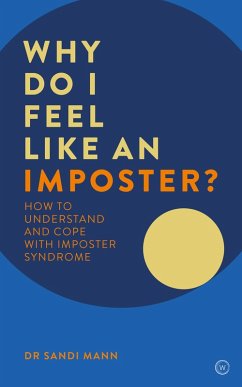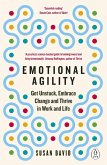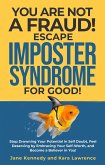Many of us share a shameful little secret: deep down we feel like complete frauds and are convinced that our accomplishments are the result of luck rather than skill. This is a psychological phenomenon known as 'Imposter Syndrome'. This book examines the reasons why up to 70% of us are developing this syndrome-and what we can do about it. All of us, at one point or another, have questioned our capabilities and competence. Maybe you've wondered how you got hired and, handed big job responsibilities? One recent article suggested that 70% of people "will experience at least one episode" of IS in their lives. Imposter Syndrome (also known as imposter phenomenon, fraud syndrome, or the imposter experience) is a concept describing individuals who are marked by an inability to internalize their accomplishments and a persistent fear of being exposed as a 'fraud'. The term was coined in 1978 by clinical psychologists Pauline R. Clance and Suzanne A. Imes. Despite external evidence of their competence, those exhibiting the syndrome remain convinced that they are frauds and do not deserve the success they have achieved. Proof of success is dismissed as luck, timing, or as a result of deceiving others into thinking they are more intelligent and competent than they believe themselves to be. This book presents an accessible and engaging examination of IS and how it effects us, not just at work, but as teenagers, parents and beyond. Using interactive quizzes to help you identify if you suffer and offering tips and tools to overcome your insecurities, psychologist Dr Sandi Mann will draw on her experience not only as an academic, but also as a practitioner, to present a comprehensive guide to understanding and overcoming IS.
Dieser Download kann aus rechtlichen Gründen nur mit Rechnungsadresse in A, B, BG, CY, CZ, D, DK, EW, E, FIN, F, GR, HR, H, IRL, I, LT, L, LR, M, NL, PL, P, R, S, SLO, SK ausgeliefert werden.









